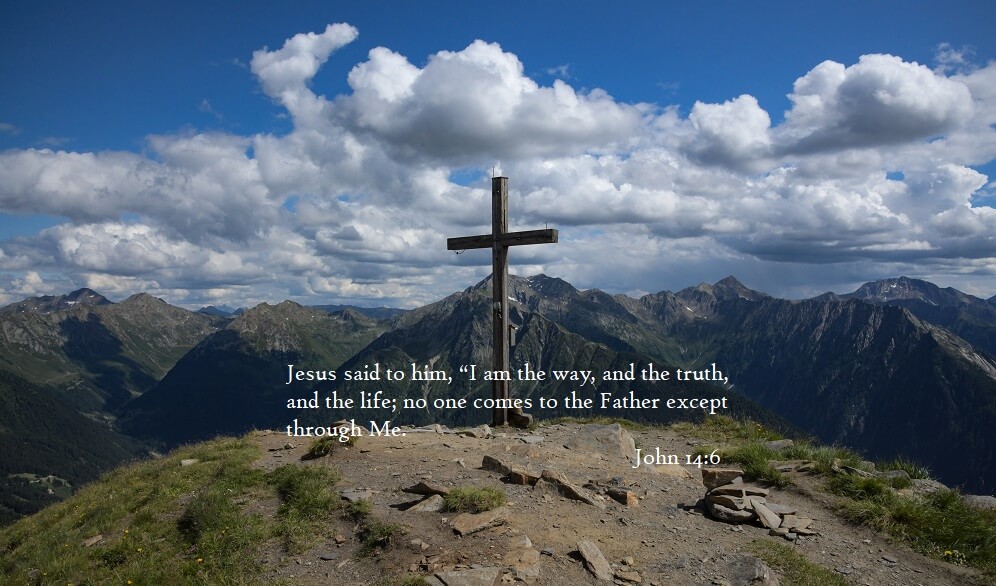Let us start with biblical prototypes for believer interaction.
“…be filled with the Spirit, speaking to one another in psalms and hymns and spiritual songs, singing and making melody with your heart to the Lord” Ephesians 5:18-19. There is no indication at all that this is culturally or time period relative. It is a time independent prototype.
In Colossians 3:16 we have method. As we gather “Let the word of Christ richly dwell within you, with all wisdom teaching and admonishing one another with psalms and hymns and spiritual songs, singing with thankfulness in your hearts to God.”
And in Hebrews 10:24-25, motivation to gather regularly. “…let us consider how to stimulate one another to love and good deeds, not forsaking our own assembling together, as is the habit of some, but encouraging one another; and all the more as you see the day drawing near.”
Thus, we have believers exhorted to gather together regularly, to study and speak of the Word, to exhort and support one another in holiness, while thankfully (and by implication humbly) rejoicing in Psalms, hymns and spiritual songs.
The disciples modeled this in their behaviour once they were on their own, after Pentecost.
“They were continually devoting themselves to the apostles’ teaching and to fellowship, to the breaking of bread and to prayer.” Acts 2:42
“Day by day continuing with one mind in the temple, and breaking bread from house to house, they were taking their meals together with gladness and sincerity of heart,” Acts 2:46.
It is significant to note the “Day by day continuing” phrase. This was not something occurring only periodically, be that weekly or monthly. It was a daily mode of living the believing life.
Putting this prototypical model together, what do we have and what happens when we follow this paradigm? As an aside, we should take note that, although church is vitally important, this does not sound anything like many, if not most, church services – an issue for another blogging day.
A key here is that the focus and feeling of these gatherings centered around a humble thankfulness in salvation, and the upon the Lord, through the primary means he specified, scripture. This may have taken several forms and many possible expressions, but the focus was on Him and His Word.
It is useful to note what the focus was not on. It was not on ‘activities’ outside of praise, worship and directly associated fellowship. It was not on the work of the assembly in the community. It was not that this work did not exist or was not important, but it played no apparent part in the assembling. That work was external to and a result of it. For example, there was no focus on the men who were helping the widows. In fact, it appears from the necessity of their appointment that they were appointed so that work would not be disruptive to the gathering in the Lord’s name. “Then we can appoint those men over this business, and we apostles will continue to devote ourselves to prayer and to the ministry of the word.” Acts 6:4
The sole reason for the beloved to gather was to fellowship in rejoicing in the Lord and His work of salvation. All part of gathering were an expression of that rejoicing. And this was a daily way of life, which would result in that mindset overshadowing all other worldly activities. It was their worldview¹.
Considering what the Lord has done, especially in salvation, rejoicing in Him in a way that eclipses all else would seem only appropriate. But here we see that path modeled explicitly.
So, how about us in the 21st century? I don’t see that anything has changed much or at all. Yes, life has become cluttered with countless distractions of the world, and as with the early church world it would have us believe that this clutter is of over-riding importance. But remember who the world represents and to whose ends this worldly emphasis contributes – none other than the Prince of the Air, Satan (Ephesians 2:2). And the Scriptures have not changed. There has not been any new revelation that changes the prototypes as given in the existing canon.
The implication is that we and our earthly brethren are to follow suit in our focus. Our worldview is to be centered on the Lord.
The resultant experience, though mine has been tiny and sporatic, is wonderful, humbling and convicting even on a small, tentative scale. The gatherings in this model that I have experienced can only be expressed in the words of David in Psalm 139:6 “Such knowledge is too wonderful for me; It is too high, I cannot attain to it.” The humble thankfulness and joy of such gathering with other believers is just too wonderful to be truly take in. And that, I think, is how it is intended to be.
¹For more on worldview, see Naming the Elephant, Worldview as a concept, 2ed., James W. Shire.

